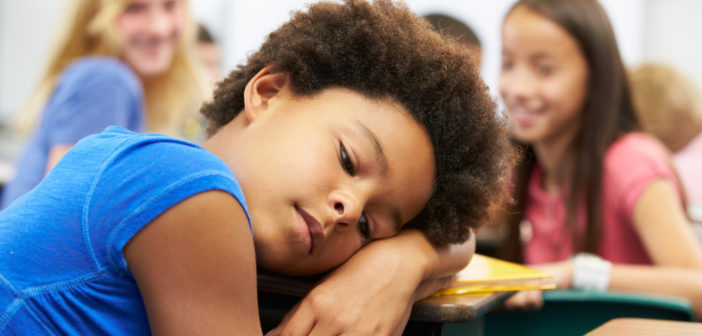Conflict and disagreements are an inevitable part of life. Learning how to effectively deal with these challenges is an important part of a child’s social development, not to mention their overall life skills. Most kids will be exposed to interpersonal conflict from an early age, through child care, home and interaction with friends or extended family.
Research shows that children who manage conflict constructively are more likely to have a wide circle of friends, be better communicators and exhibit prosocial behaviours. How children handle conflict is based on a number of factors, including age, social development and life experiences.
However, parents can be proactive in helping their children learn how to deal with conflict through a number of ways:
- Modelling positive conflict resolution.
Many people advocate that parents should not fight in front of children, however seeing adults constructively deal with conflict is actually an extremely valuable life lesson.
2. Teach self-awareness.
Having insight into our own thoughts, feelings and actions is an important part of positive conflict resolution. When talking about emotions, be sure to name them clearly for your child and talk about emotional triggers. Having this awareness will help them better understand their role in the conflict.
3. Teach self-regulation.
Knowing what you feel is one thing, but being able to control it is another! Learning how to manage one’s own feelings before dealing with someone else’s is an extremely important part of dealing with conflict in a positive way. Big emotions often cloud judgement and can make small conflicts blow out of proportion.
4. Encourage kindness and empathy.
There are always two sides to a story and children should learn from an early age that what they think/feel/believe is not the same as everyone else’s. By being able to put themselves in the other party’s shoes your child will better able to negotiate a mutually acceptable outcome. Using a gentle, kind approach to conflict resolution rather than an aggressive one is also more likely to yield better outcomes.
5. Continue to work on communication skills.
People who are skilled at conflict resolution use a number of strategies in their communication style, including:
- Being open and honest when conflict or an issue arises.
- Using “I statements” to get their own views and feelings across.
- Active listening – a very important part of understanding everyone’s point of view in a conflict.
- Not resorting to emotive or derogatory language (such as name calling, during conflict resolution).
6. Develop problem-solving skills.
Teach your child how to identify the problem, come up with different solutions and negotiate with peers. Kids can tend to be very black and white so building lateral thinking skills can really help problem-solving ability. Get them to consider likely consequences, as well as all possible outcomes.
7. Talk about being fair and how compromise works.
In an ideal world, every conflict situation would end in win-win but that is not always the case. Often someone needs to be more flexible about their wants or needs in order to come to a resolution. This isn’t about teaching your child to be a pushover – rather teaching them how to be flexible in order to achieve a positive outcome for everyone.
Conflict resolution is a complex skill and one that many adults are still yet to master. However, by starting early and teaching your child how to manage these challenges openly and proactively, you will be helping pave the way for them to deal with conflict in a positive and constructive manner. This will not only be beneficial during their formative years but will help establish healthy patterns for life.

